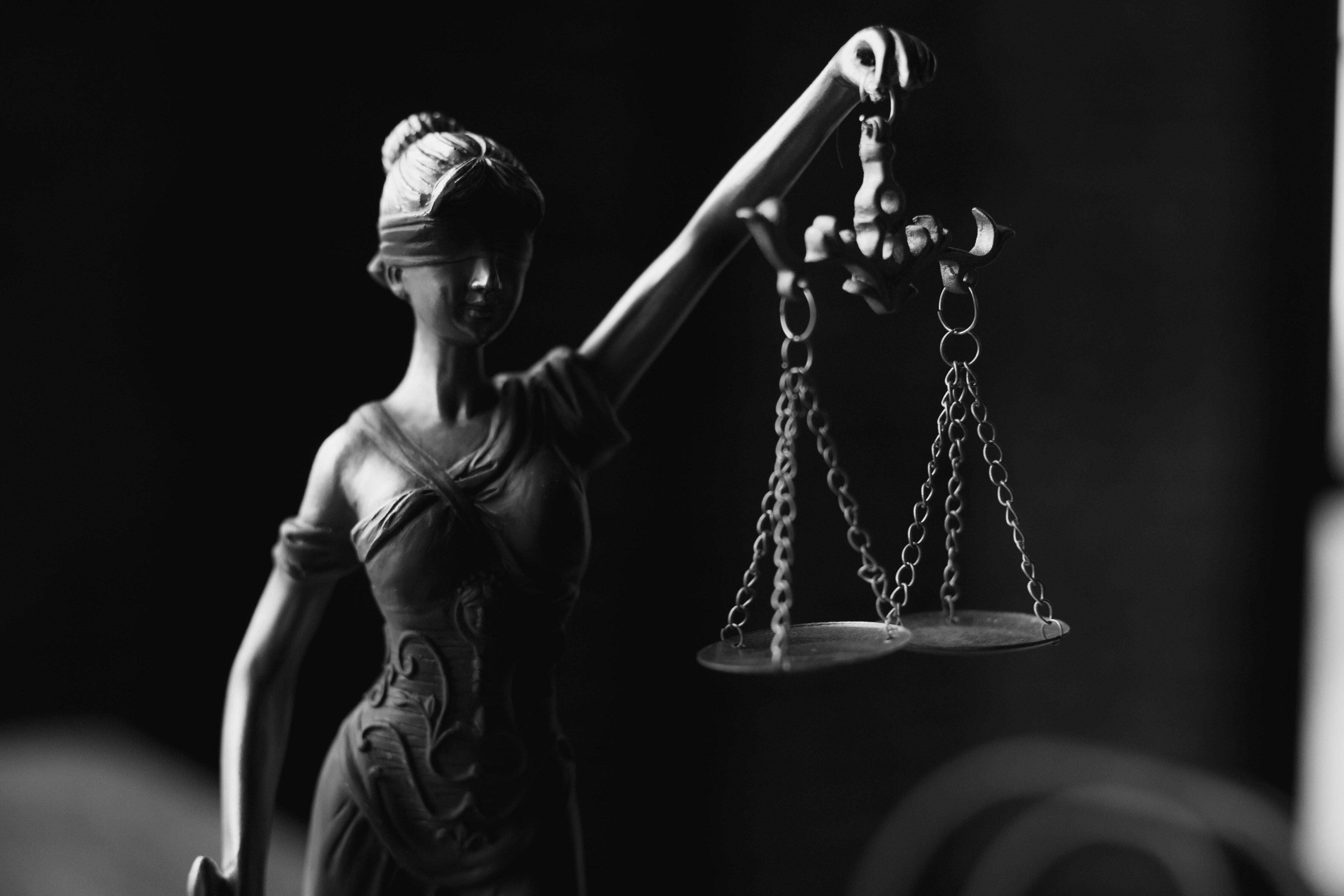Coronilla (B): The quadruple bottom line
Almost ten years after launching its radical change program, Coronilla was finally reaping the rewards of the ambitious and creative re-orientation. In that period, the family pasta business, based in the fertile plains of Cochabamba, Bolivia, had transformed itself from a traditional wheat pasta producer to an exporter of specialized gluten-free pastas and snacks made from Andean grains. Coronilla had pulled itself out of a desperate market situation with the help of risk capital from a Bolivian investment fund. During the worst of the crisis, managing director Marta Wille had a sudden revelation: Devoting your life to a company, especially during turbulent times, can only be justified if the company has a social purpose. Bolivia’s recurrent political and financial instability wreaked havoc on the operations of companies. On top of running their business, entrepreneurs had to contend with periods of hyperinflation, draconian government controls and the vagaries of an emerging market. When she accepted the leadership of the company, taking over from her brother and her father, Marta set a non-negotiable condition to the shareholders: They would let her run the business as she felt best. Marta was taking the reins at a difficult juncture, but there were few credible alternatives, so the shareholders relented. Marta immediately started to make far-reaching changes. She set-up a positive discrimination policy to favor the hiring of women and disabled people in the workforce, and she established Fairtrade relations directly with Andean farming communities to procure raw materials. For her, corporate social responsibility (CSR) was a reason to exist and persist, not a public relations tool. But, was Marta’s brand of social entrepreneurship sustainable over the long term? Marta was nearing retirement and her succession was uncertain. Would the next generation of the Wille family keep this ethos in Coronilla? Would a CEO brought in from the outside perpetuate it? Would the cost of corporate social responsibility scare away future investors?
Turnaround management; Family business management; Stakeholder management; Managing in a rapidly changing environment; Succession planning; Strategic repositioning; Emerging market issues; Political instability; Managing commodity businesses.
2000-2009
Cranfield University
Wharley End Beds MK43 0JR, UK
Tel +44 (0)1234 750903
Email [email protected]
Harvard Business School Publishing
60 Harvard Way, Boston MA 02163, USA
Tel (800) 545-7685 Tel (617)-783-7600
Fax (617) 783-7666
Email [email protected]
NUCB Business School
1-3-1 Nishiki Naka
Nagoya Aichi, Japan 460-0003
Tel +81 52 20 38 111
Email [email protected]
IMD retains all proprietary interests in its case studies and notes. Without prior written permission, IMD cases and notes may not be reproduced, used, translated, included in books or other publications, distributed in any form or by any means, stored in a database or in other retrieval systems. For additional copyright information related to case studies, please contact Case Services.
Research Information & Knowledge Hub for additional information on IMD publications
- Coronilla (A): Change dilemmas for the Wille family
- Coronilla (B): The quadruple bottom line
- Coronilla (A): Change dilemmas for the Wille family
- Coronilla (B): The quadruple bottom line
Research Information & Knowledge Hub for additional information on IMD publications
Research Information & Knowledge Hub for additional information on IMD publications
NTT Corporation, Japan’s information and communication technologies (ICT) leader since 1953, was the first to commercialize internet usage on mobile phones in the 1990s, which resulted in NTT achieving much success in Japan. However, by the end of...
Building on NTT (A), the case starts with NTT’s CEO having narrowed down strategic growth options with the board to prepare NTT for the future. Past international investments in AT&T Wireless and KPN to tap into foreign markets had resulted in bil...
This case study examines the remarkable evolution of Daikin Industries, a company that demonstrated resilience and innovation over nearly a century. Founded in 1924 by Akira Yamada in Osaka, Japan, Daikin originally focused on manufacturing aircra...
This case study examines the remarkable evolution of Daikin Industries, a company that demonstrated resilience and innovation over nearly a century. Founded in 1924 by Akira Yamada in Osaka, Japan, Daikin originally focused on manufacturing aircra...
Daikin’s success in the Chinese air conditioning market serves as a compelling case study in strategic adaptation and collaboration. Following its entry into the market in the 1990s, Daikin faced formidable competition from well-established domest...
in I by IMD
Research Information & Knowledge Hub for additional information on IMD publications
in Binder, Julia Katharina (Ed.); Haanaes, Knut Bjarne (Ed.) / Leading the sustainable business transformation: A playbook from IMD, pp. 59-62 / Hoboken: Wiley, 2025
Research Information & Knowledge Hub for additional information on IMD publications
in Binder, Julia Katharina (Ed.); Haanaes, Knut Bjarne (Ed.) / Leading the sustainable business transformation: A playbook from IMD, pp. 1-7 / Hoboken: Wiley, 2025
Research Information & Knowledge Hub for additional information on IMD publications
Research Information & Knowledge Hub for additional information on IMD publications
Building on NTT (A), the case starts with NTT’s CEO having narrowed down strategic growth options with the board to prepare NTT for the future. Past international investments in AT&T Wireless and KPN to tap into foreign markets had resulted in bil...
Research Information & Knowledge Hub for additional information on IMD publications
NTT Corporation, Japan’s information and communication technologies (ICT) leader since 1953, was the first to commercialize internet usage on mobile phones in the 1990s, which resulted in NTT achieving much success in Japan. However, by the end of...
Research Information & Knowledge Hub for additional information on IMD publications
Research Information & Knowledge Hub for additional information on IMD publications
This case study examines the remarkable evolution of Daikin Industries, a company that demonstrated resilience and innovation over nearly a century. Founded in 1924 by Akira Yamada in Osaka, Japan, Daikin originally focused on manufacturing aircra...
Daikin’s success in the Chinese air conditioning market serves as a compelling case study in strategic adaptation and collaboration. Following its entry into the market in the 1990s, Daikin faced formidable competition from well-established domest...
Research Information & Knowledge Hub for additional information on IMD publications
This case study examines the remarkable evolution of Daikin Industries, a company that demonstrated resilience and innovation over nearly a century. Founded in 1924 by Akira Yamada in Osaka, Japan, Daikin originally focused on manufacturing aircra...
Daikin’s success in the Chinese air conditioning market serves as a compelling case study in strategic adaptation and collaboration. Following its entry into the market in the 1990s, Daikin faced formidable competition from well-established domest...
Research Information & Knowledge Hub for additional information on IMD publications
This case study examines the remarkable evolution of Daikin Industries, a company that demonstrated resilience and innovation over nearly a century. Founded in 1924 by Akira Yamada in Osaka, Japan, Daikin originally focused on manufacturing aircra...
in I by IMD
Research Information & Knowledge Hub for additional information on IMD publications


